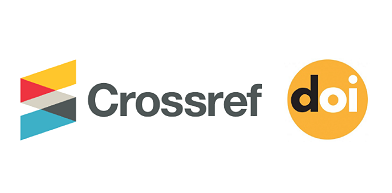Survival following recurrent sustained ventricular tachycardia in a low-resource setting: Challenges of management
DOI:
https://doi.org/10.61386/imj.v16i2.324Keywords:
Ventricular tachycardia, electrocardiogram, defibrillator, ischemic heart diseaseAbstract
Sustained ventricular tachycardia is a life-threatening emergency contributing to cardiac mortality worldwide. Antiarrhythmic medications, Implantable cardioverter defibrillator and catheter ablation are the cornerstones for its management. Unfortunately, they are not accessible and/or affordable to patients seen in our setting.
42year old obese, retroviral positive, known ischemic heart disease patient, was admitted twice due to recurrent monomorphic ventricular tachycardia and successfully cardioverted with amiodarone infusion and automated external defibrillator respectively, He could not have coronary angiography and electrophysiology studies done due to unavailability and cost. Optimal management of ventricular tachycardia continues to be a challenge for cardiologists in developing countries.
Published
License
Copyright (c) 2023 Shogade TT, Bassey EA, Udosen AU, Ekuma IA, Bassey AE, Akpabio AA, Umoh IO, Sogade FO

This work is licensed under a Creative Commons Attribution 4.0 International License.










